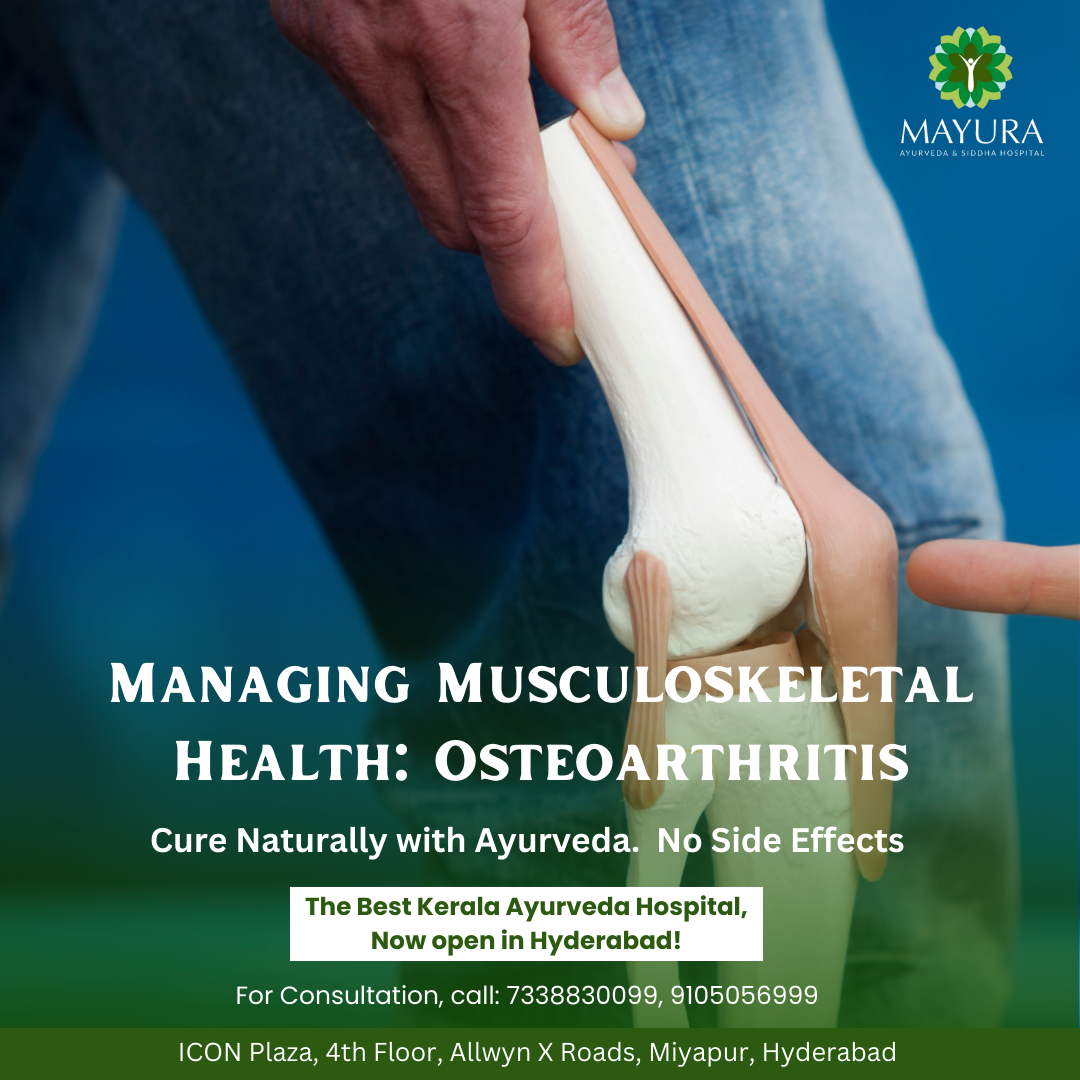Osteoarthritis (OA) is a degenerative joint disease that affects millions worldwide, causing pain, stiffness, and reduced mobility. While it commonly occurs with aging, it can also develop due to injury, obesity, or genetic factors.
Managing osteoarthritis involves a multifaceted approach, focusing on alleviating symptoms, preventing further joint damage, and improving overall musculoskeletal health. Here are some strategies to effectively manage OA:
Stay Active: Regular exercise is crucial for maintaining joint flexibility and strength. Low-impact activities like walking, swimming, and cycling can help reduce pain and improve mobility without putting excessive strain on the joints.
Maintain a Healthy Weight: Excess weight puts added stress on the joints, particularly those in the knees, hips, and spine. By adopting a balanced diet and losing weight if necessary, individuals can alleviate pressure on affected joints, reducing pain and slowing down the progression of OA.
Medication Management: Over-the-counter pain relievers like acetaminophen or nonsteroidal anti-inflammatory drugs (NSAIDs) can help manage pain and inflammation associated with OA. In severe cases, prescription medications or corticosteroid injections may be recommended by healthcare professionals.
Manage Stress: Stress can exacerbate pain and discomfort associated with OA. Practice stress-reducing techniques such as meditation, deep breathing exercises, or yoga to promote relaxation and alleviate symptoms.
Get Sufficient Sleep: Adequate sleep is essential for overall health and well-being, including managing OA symptoms. Establishing a regular sleep schedule and creating a comfortable sleep environment can help improve sleep quality and reduce pain.
Consult Healthcare Professionals: Work closely with healthcare professionals, including primary care physicians, rheumatologists, and orthopedic specialists, to develop a comprehensive treatment plan tailored to your specific needs and goals.
By implementing these strategies and adopting a proactive approach to managing osteoarthritis, individuals can improve their quality of life and maintain better musculoskeletal health.
















